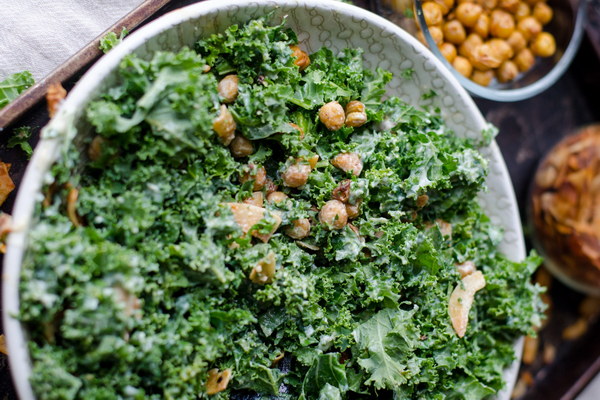Breath of Fresh Air Nurturing Your Lungs PostSecondhand Smoke Exposure
In the midst of our bustling lives, secondhand smoke can often be an unwelcome intruder, silently seeping into our environments and compromising our respiratory health. The repercussions of secondhand smoke exposure are not to be underestimated, as they can lead to a myriad of respiratory issues, including irritation, inflammation, and even more severe conditions. However, once exposed to the pernicious fumes, it is crucial to take immediate steps towards healing and nurturing your lungs. This article will delve into the importance of clearing, moistening, and nurturing your lungs post-secondhand smoke exposure.
Understanding the Impact of Secondhand Smoke
Secondhand smoke, also known as environmental tobacco smoke, is a combination of the smoke that emanates from the burning end of a cigarette and the smoke exhaled by the smoker. It contains thousands of harmful chemicals, including carcinogens, that can cause a host of health issues in non-smokers. These can range from mild respiratory irritation to more severe conditions such as chronic obstructive pulmonary disease (COPD) and lung cancer.
When you are exposed to secondhand smoke, your lungs are subjected to a cocktail of irritants that can lead to inflammation and damage. This is where the process of clearing, moistening, and nurturing your lungs becomes essential.
Clearing Your Lungs
The first step in the healing process is to clear your lungs of the irritants and toxins that have accumulated. Here are some effective ways to do so:
1. Deep Breathing Exercises: Practice deep breathing exercises to help expel trapped air and mucus from your lungs. Techniques such as pranayama, a traditional Indian breathing practice, can be particularly beneficial.
2. Steam Therapy: Inhale steam from a hot shower or a bowl of hot water to help loosen mucus and open up airways.

3. Honey and Lemon Drink: A warm drink made with honey and lemon can act as a natural expectorant, helping to clear mucus from the lungs.
4. Herbal Teas: Teas made from herbs such as echinacea, goldenseal, and ginger can help soothe the respiratory tract and support the immune system.
Moistening Your Lungs
Once the irritants have been cleared, it's time to focus on moistening your lungs to aid in the healing process. Here are some strategies to consider:
1. Hydration: Drink plenty of fluids, such as water, herbal teas, or broths, to keep your respiratory tract moist.
2. Humidification: Use a humidifier to increase the humidity in your living space, which can help keep your airways moist and prevent irritation.
3. Steam Baths: Take steam baths to help moisten your lungs and soothe the respiratory tract.
Nurturing Your Lungs
Finally, it's essential to nurture your lungs to prevent future damage and support overall respiratory health. Here are some nurturing practices:
1. Avoid Exposure: Minimize your exposure to secondhand smoke and other respiratory irritants, such as dust and pollen.
2. Exercise: Regular physical activity can improve lung capacity and respiratory function, making your lungs more resilient.
3. Nutrition: A diet rich in fruits, vegetables, and antioxidants can help protect your lungs from damage and support their healing.
4. Meditation: Practices such as meditation can help reduce stress, which can exacerbate respiratory symptoms and hinder the healing process.
In conclusion, while secondhand smoke exposure can leave your lungs in need of repair, it is possible to take steps to clear, moisten, and nurture them back to health. By incorporating these practices into your daily routine, you can help protect your respiratory health and breathe easier in the days to come. Remember, the journey to lung healing is a gradual one, and patience and persistence are key to successful recovery.









